
Respond Africa partners
Right from the outset, our research plans have been formulated in a partnership based on an ethos of equity, inclusiveness and openness. All partners share a common goal to improve the health outcomes of people with chronic life-long conditions in Africa through research, and to increase and expand on research capacity in this area.
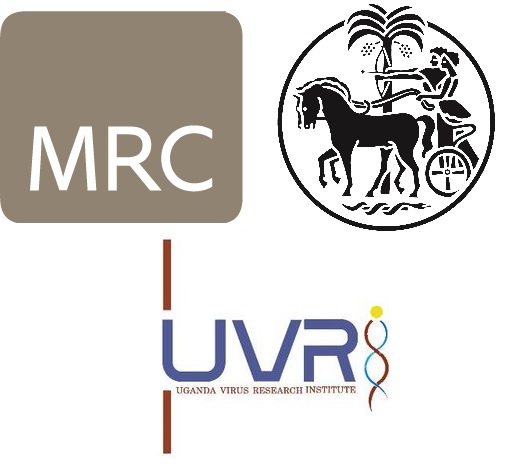
MRC/UVRI and LSHTM Uganda Research Unit
The MRC/UVRI and LSHTM Uganda Research Unit is an internationally recognised centre of excellence for research on HIV, non-communicable diseases, and endemic, neglected, emerging and re-emerging infections. The Unit was established in 1988.
The Unit follows a thematic, multidisciplinary approach to its research, which includes intersecting basic science, epidemiological research, social-behavioural research, and intervention studies. It has strong links with local institutions, such as Makerere University, and with the public health authorities in the countries.
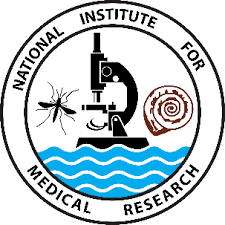
National Institute for Medical Research, Tanzania
The National Institute for Medical Research (NIMR) is a government parastatal institution comprising of 8 centres across Tanzania making it the largest public health research institution in Tanzania. We collaborate with the Muhimbili Medical Research Centre based in Dar es Salaam, which has a long history of research on HIV infection, tuberculosis and more recently on non-communicable diseases. The Centre has conducted several large-scale pivotal randomised trials, designed to inform policy.
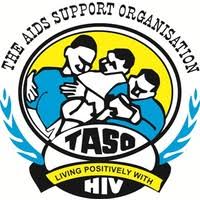
The Aids Support Organisation (TASO)
Established in 1987, The AIDS Support Organisation (TASO) is a not-for-profit Non-Governmental Organisation that started as a provider of counselling and support, before antiretroviral therapy became available. TASO is a pioneer of novel health care delivery approaches. It expanded its mission some years ago and now supports health care delivery for all health conditions, including non-communicable diseases in selected regions of Uganda, working closely with Government health services.
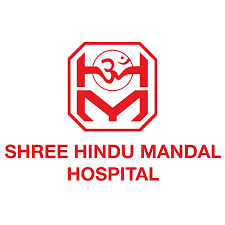
Shree Hindu Mandal Hospital
The Shree Hindu Mandal Hospital, founded in 1919, provides an array of specialized medical services including services for non-communicable diseases and HIV infection. The hospital is a not-for-profit private hospital. It conducts training of clinical staff working at government health facilities, particularly in diabetes and hypertension management, and operational research to inform the Ministry of Health policy makers.
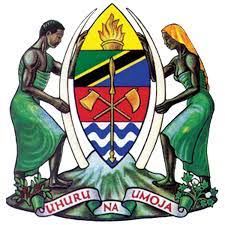
The United Republic of Tanzania Ministry of Health, community Development, Gender, Elderly and Children
The Ministry of Health of Tanzania is committed to facilitate the provision of basic health services that are good, quality, equitable, accessible, affordable, sustainable and gender sensitive. It aims to have a healthy society with improved social well-being that will contribute effectively to individual and national development.

Ministry of Health Republic of Uganda
The Ministry of Health of Uganda is the country’s governing body set up to steward and lead the health sector. Its vision is to have a healthy and productive population that contributes to socio-economic growth and national development and whose mission is to provide the highest possible level of health services to all people in Uganda through delivery of promotive, preventive, curative, palliative and rehabilitative health services at all levels.
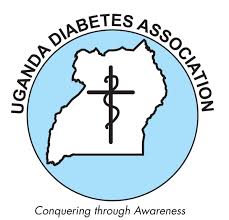
Uganda Diabetes Association
Uganda Diabetes Association (UDA) is a non-governmental, not for profit organisation for people living with diabetes and their families in Uganda. The Association helps people manage their diabetes effectively by providing information, advice and support, and campaigns to improve the quality of diabetes care in Uganda.
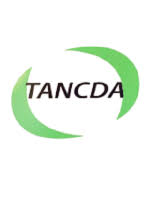
Tanzania Non-Communicable Disease Alliance
The Tanzania Non-Communicable Diseases Alliance is a non-governmental organisation established in 2012 that acts as an umbrella of four associations: Tanzania Diabetes Association (TDA), Tanzania Cancer Association (TCA), Tanzania Association for Respiratory Diseases and Heart Foundation of Tanzania (HFT). The Alliance is source of information on non-communicable diseases. It conducts awareness activities in different areas including public, schools and the media.
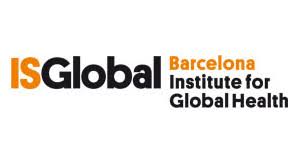
ISGLOBAL
ISGlobal is a hub of excellence in research. Its multidisciplinary approach allows it to encompass a wide range of fields and topics, ranging from molecular biology to clinical and epidemiological research. ISGLOBAL are particularly renowned for dissemination and communications at various levels including to the wider research community, African patient groups and communities, policy makers and senior programme managers, district health services and health care providers and others.
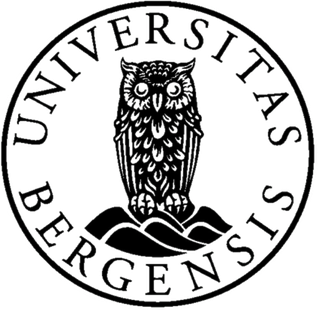
University of Bergen
The Centre for International Health at Bergen University is the leading research centre of international and global health in the Nordic countries and one of the leading centres in Europe. It has expertise in training in research methods, particularly epidemiology, clinical trials, medical ethics, health economics, medical anthropology, and biomedical sciences.
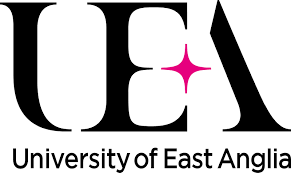
University of East Anglia
The University of East Anglia has research strengths in clinical medicine, especially diabetes and cardiovascular medicine as well as in health services, including primary care. It has performed implementation research on the integration of health services and evaluation of primary health care for diabetes, hypertension, HIV/AIDS, tuberculosis, respiratory disease, depression, cancer and other chronic conditions in South Africa, Brazil, Nigeria and other settings.
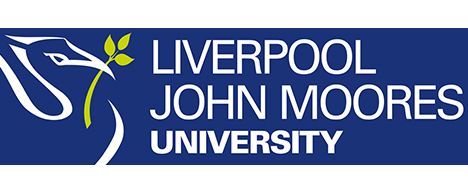
Liverpool John Moores University
The Public Health Institute at Liverpool John Moores University is a vibrant research and teaching community working at a local, reginal, national, and international level. The organization specialises in applied research and educational programmes addressing health issues at all levels, from policy development to service delivery. It is particularly strong in qualitative method and in process evaluation.
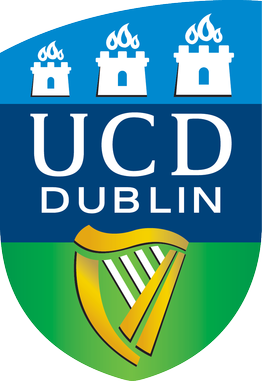
University College Dublin
UCD is one of Europe's leading research-intensive universities, ranked in the top 1% of universities in the world. They have experience of delivering successfully on multiple EU funded projects, including on health care delivery studies.